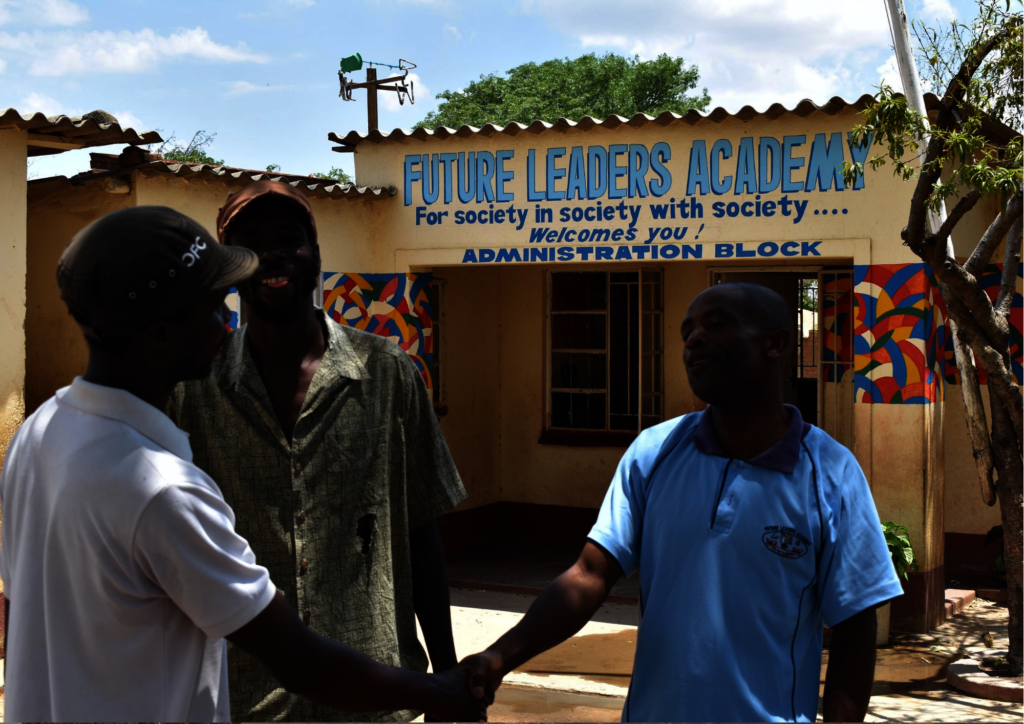By Shayle Havemann | Project leader
Introduction
As we work on over 65 projects globally we come across young people that we know would make the most amazing ambassador within their community for actioning change and tackling the UN SDG's. However, due to Poverty, Education and many other factors, they are never presented with an opportunity to break their current life cycle and educate, learn and develop themselves to fulfil this potential.
Report
This project is a long term project but with the potential to put a stop to all 17 global issues including inequality, unemployment, hunger, poverty and much more. We are building an army of young people that have taken your gift and broken the traditional cycle of life that faced them within their community. It costs $2500 to fund one youth scholar for a full year to tackle a poverty related challenge in their community through entrepreneurship initiatives.
Thank you for your support.
By Shayle Havemann | Project leader
By Shayle Havemann | Project leader
Project reports on GlobalGiving are posted directly to globalgiving.org by Project Leaders as they are completed, generally every 3-4 months. To protect the integrity of these documents, GlobalGiving does not alter them; therefore you may find some language or formatting issues.
If you donate to this project or have donated to this project, you can receive an email when this project posts a report. You can also subscribe for reports without donating.
Support this important cause by creating a personalized fundraising page.
Start a Fundraiser